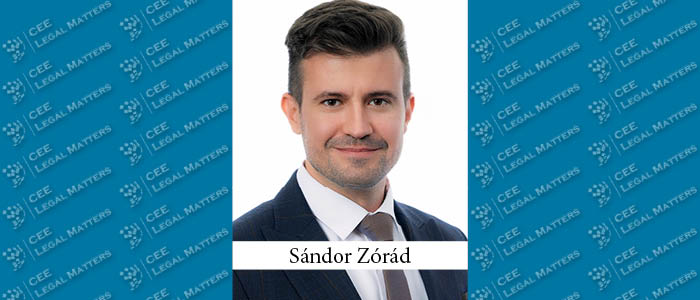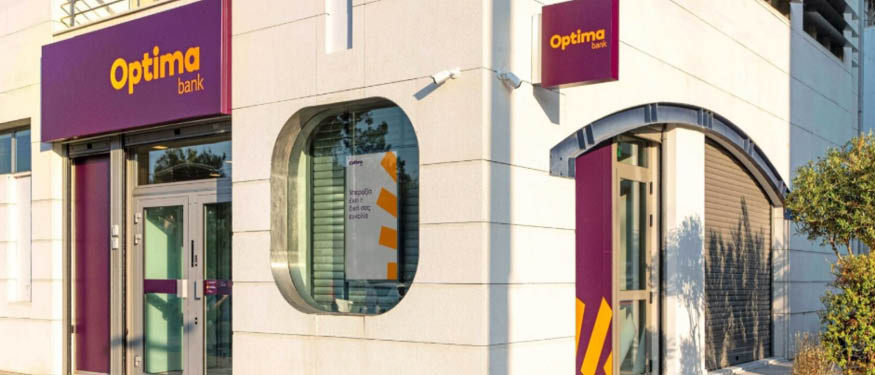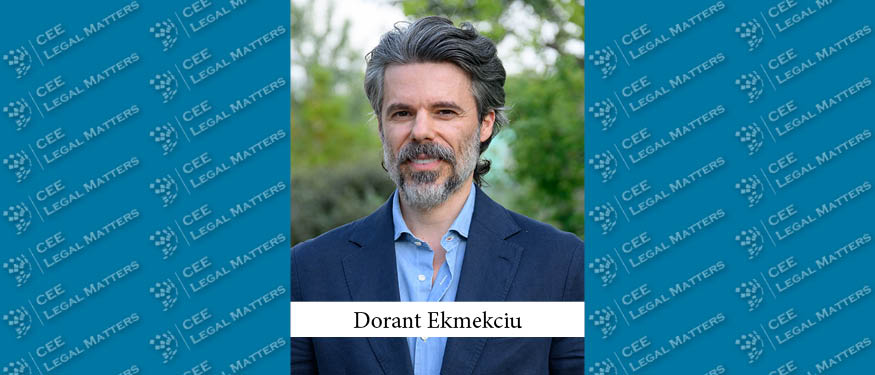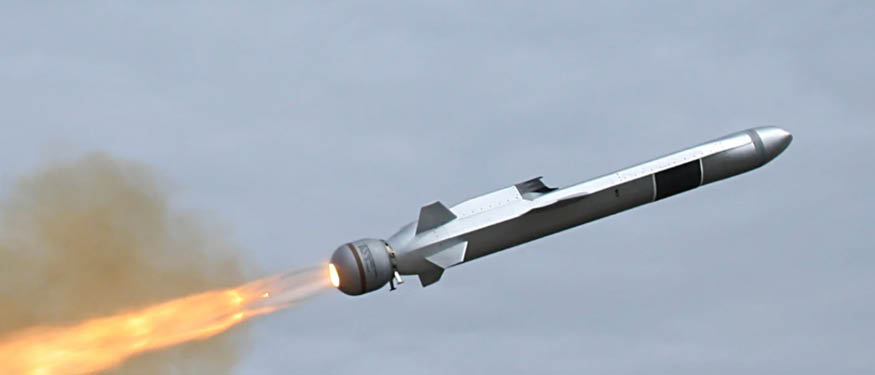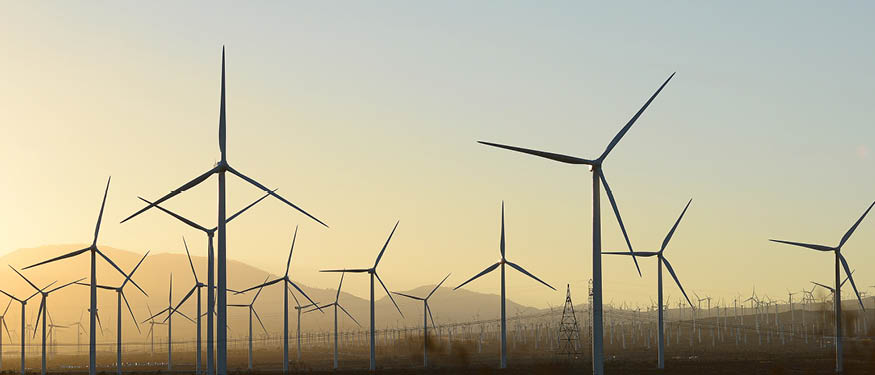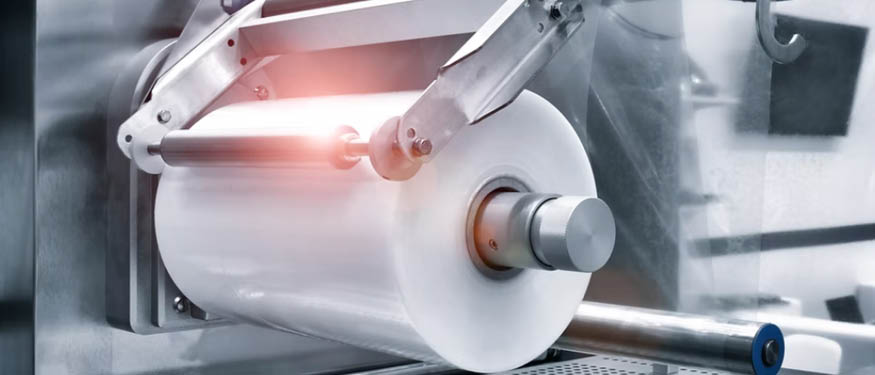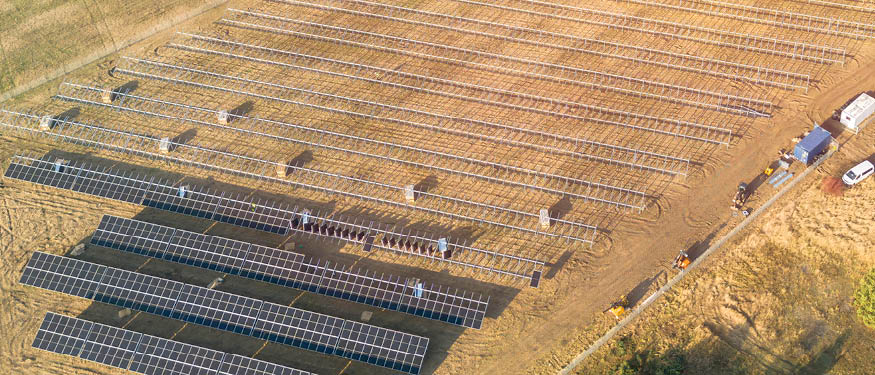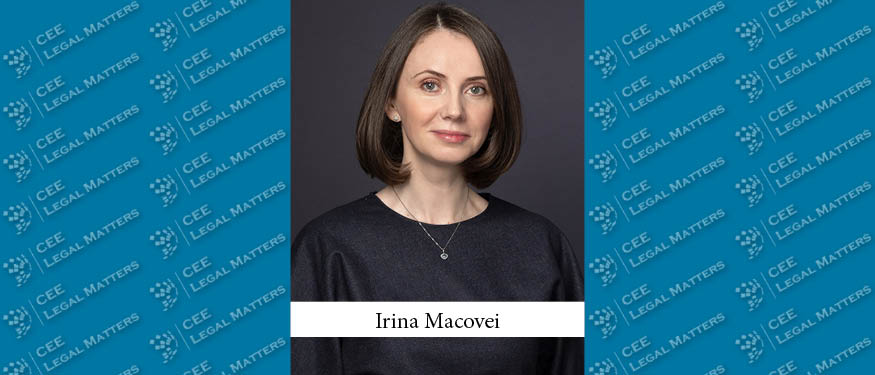After eight years with the MET Group, Legal Director Sandor Zorad reflects on the company’s path to international expansion.
CEELM: Tell us a bit about yourself and the career path you took leading up to your current role.
Zorad: I’ve been with the MET Group for eight years now, after my time at Baker McKenzie in Budapest, one of the world’s largest law firms. When I first joined MET, it was much smaller compared to its current size, but it was a significant client of Baker McKenzie, particularly in M&A projects.
At the beginning of my career, I was on the advisory side, but always attracted to the dynamic world of the energy sector. At that time, even if MET was a lot smaller on the international stage, it clearly held promise with its rapid growth and motivated workforce. Now, MET is a truly international company represented in 14 countries in Europe and already established its first subsidiary in Asia, based in Singapore.
In 2016, my first in-house role at MET was working for the freshly established joint venture of MET and Magyar Telekom Nyrt (the Hungarian company of Deutsche Telekom), focusing on natural gas and electricity sales in Hungary. Diving into the period of laying the groundwork for the company, it was a unique experience overseeing not only the merger of two distinct customer portfolios handed over by the two shareholders but also two groups of employees and two different corporate cultures as it was united into one joint venture.
In mid-2017, MET decided to centralize its M&A operations, with the legal team based in Budapest and serving the headquarters in Switzerland where the business team was operating. I transitioned into this centralized M&A team and spent six years supporting MET’s M&A projects mainly on the buyer side, as part of the company’s inorganic growth strategies.
My role evolved over time, transitioning from junior to senior positions and eventually becoming the Legal Director of Western and Eastern European Sales Divisions last October. This move wasn’t just about titles, but it represented a shift in responsibilities. While I still work on selected M&A deals, my focus now includes supervising and supporting companies in seven countries within our divisions, namely Germany, France, Spain, Italy, Romania, Bulgaria, and Turkey, even as I continue to be based in Budapest but work for the Swiss headquarters.
CEELM: What made MET a good client back then?
Zorad: MET has always been highly active in the market, constantly generating new business ideas. Its debut M&A project, the acquisition of a Hungarian gas fire power plant (Dunamenti), stood as a testament to the company’s success. While many energy companies may be perceived as somewhat dull with limited innovation, the MET team has been notably driven and innovative compared to their counterparts.
CEELM: What was the biggest shock when transitioning to the in-house world?
Zorad: Transitioning to the in-house world brought its share of surprises, especially compared to a large international law firm like Baker McKenzie. There, the work you do essentially embodies the product, meaning legal services, that is marketed and sold, whereas, in a company, your work supports other colleagues in conducting business. In a law firm, you serve numerous clients across various industries, whereas as an in-house lawyer, you practically represent and work for one client – the company that employs you. Moving into an in-house role brought me closer to the core of the business, and the depth of engagement with a single client provided a deeper understanding and knowledge base.
CEELM: Over the past year, what has been your main focus?
Zorad: Approximately a year ago, I got involved in a project involving the transfer of a French customer portfolio. This project was particularly intensive as it involved a newly established subsidiary of MET in France with no existing customer base. Subsequently, a significant local player entrusted MET with the takeover of its substantial portfolio of electricity and natural gas customers. The project successfully closed on October 1, 2023, marking the commencement of my collaboration with colleagues in France and also the Western and Eastern European Sales Division. This experience provided me with significant motivation and enthusiasm to transition to my new position as Legal Director within the division.
CEELM: Looking ahead, what do you anticipate keeping you busy in the next 12 months?
The story of MET was that of consistent growth since its inception. My journey with MET has always been dedicated to facilitating this growth. Mostly, my focus was on the legal support of the inorganic expansion through M&A projects. However, looking forward, I am shifting my efforts toward capitalizing on organic growth opportunities.
Since October 1, my responsibilities have expanded to seven countries within Europe, spanning from Spain to Turkey, each presenting unique challenges that form a significant part of my workload. In addition to ongoing operations, MET aims to establish new entities in several countries in the coming years, and navigating these developments while maintaining operational efficiency remains a top priority.
Additionally, I focus on standardizing legal frameworks across regions to streamline processes while maintaining our competitive edge, especially important with the rise of digitalization in the energy sector. MET’s investment in digital platforms emphasizes this strategic shift.
Of course, MET also continues to pursue inorganic growth opportunities – likely through share and portfolio acquisitions within our division as well. While these projects remain very close to my heart, it is necessary to allow my former colleagues in the M&A legal team to take the lead on most of these due to current workload constraints generated by organic growth opportunities.
CEELM: How do you decide if you are outsourcing a project or using internal/in-house resources?
Zorad: When it comes to tasks like transactional M&A, external counsel often becomes necessary due to manpower limitations. For example, assembling a team of 15-20 lawyers within a two-week timeframe for reviewing hundreds or thousands of documents in various languages to prepare a due diligence report is a challenge best addressed by external resources.
Furthermore, engaging local counsel becomes crucial when dealing with legal matters in different jurisdictions. Although I studied law in Hungary and England and have a good understanding of European Union law, my expertise may not be fully applicable to transactions in countries such as France, Italy, Romania, etc.
As a final consideration, there are undoubtedly areas of law where specialized expertise is essential. In such instances, we cannot navigate matters without the guidance of individuals who have invested years in mastering their respective fields. Data protection, regulatory compliance, and competition law serve as a few important examples where having genuine external experts by our side is essential.
CEELM: When selecting external counsel, what criteria do you consider?
Zorad: As I mentioned earlier, the MET Group aims to expand its presence into a few new countries, necessitating efficient legal support. Personal experience with a concrete law firm is usually valuable, but sometimes even factors such as successful cooperation with the firm in one country do not guarantee success in another. In cases where we lack personal experience, we try to evaluate the local teams’ capabilities, often referring to public rankings like Legal 500’s Tier 1 and Tier 2 listings in commercial-corporate, M&A, and energy fields. Organizing introductory calls and checking references are also standard practices, although outcomes can vary. Flexibility is key – we’re prepared to change law firms if needed.
Decision-making is challenging and not always foolproof. Gut feeling plays a role, though it’s not the sole determinant. Budget considerations also matter, but quality, responsiveness, and reliability are more important. For matters like company establishments or smaller operational legal needs, switching firms is relatively straightforward if we do not receive adequate legal support. However, in M&A deals, decisions are more binding since changing counsel mid-project is extremely challenging – you have to most likely stay with the same law firm until the end of the project.
CEELM: What do you anticipate will be the main challenges for MET Group and also GCs in Hungary in the near to mid-term future?
Zorad: The past few years have been exceptionally challenging, with events like the COVID-19 pandemic and geopolitical conflicts significantly disrupting the energy industry. While some companies have managed to weather these storms, others have struggled to survive. The biggest question for everyone is what lies ahead.
Overall, when it comes to the energy crisis that started in 2022, I feel a cautious sense of optimism that the toughest hurdles may now be behind us. However, we still do not know how certain we can be about the future. Navigating this uncertainty will require a different approach and strategy. Lawyers will need to adapt and operate in ways that differ from those employed before, being constantly prepared for significant changes and unexpected events, and maintaining a continuous focus on credit risk management. They must closely monitor regulatory developments and give full legal support to new business ideas. This approach is also crucial to ensure that the ongoing growth story of MET continues along the path established 17 years ago.
This article was originally published in Issue 11.3 of the CEE Legal Matters Magazine. If you would like to receive a hard copy of the magazine, you can subscribe here.

